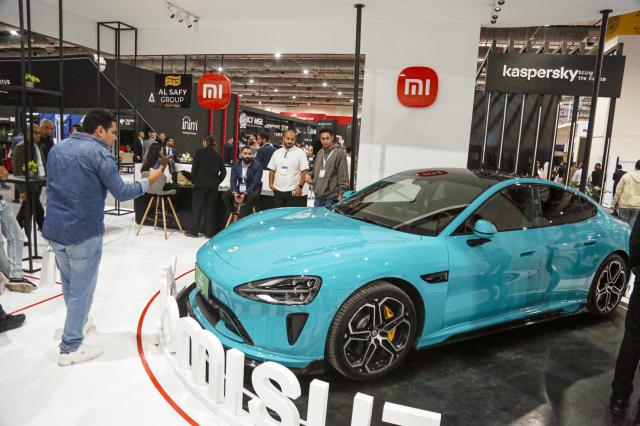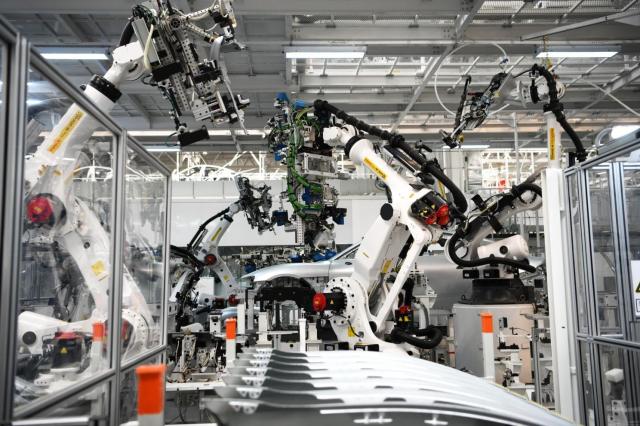
SEOUL, February 5 (AJP) - Xiaomi, the Chinese electronics company known for its budget-friendly yet feature-rich devices, has intensified its global expansion, making a bold foray into South Korea, a stronghold of rival Samsung Electronics.
The tech giant officially introduced its latest smartphone, the Redmi Note 14 Pro, to the South Korean market on Jan. 15, accompanied by subsidies that bring its effective cost close to zero.
The move underscores Xiaomi’s ambitions to gain traction in a country where Samsung has long dominated - at one point contributing 26.6 percent of South Korea’s gross domestic product.
Johnny Wu, chief executive of Xiaomi Korea, emphasized the synergy between Korean consumers’ demand for affordability and quality and the company’s philosophy of "innovation for everyone."
Xiaomi’s reach extends far beyond smartphones.
The company’s chairman, Lei Jun, has bolstered its partnership with Contemporary Amperex Technology Co. Ltd. (CATL), the world’s leading battery manufacturer, in a collaboration now in its fourth year.
This alliance is proving instrumental as Xiaomi expands into electric vehicles, with a goal of delivering 300,000 units by the end of 2025 - an ambitious target representing a projected 122 percent increase year over year.

Founded by Lei in 2010, Xiaomi disrupted the smartphone market with an aggressive pricing strategy that prioritized market penetration over immediate profitability.
Its first device, the Xiaomi Mi 1, launched in 2011, gained popularity through viral marketing campaigns. By 2014, despite reaching operating profits of 61.5 billion won (approximately $46 million), its margins stood at just 1.28 percent - a calculated sacrifice that helped establish the brand.
Xiaomi’s strategy has since evolved, with artificial intelligence and the Internet of Things (AIoT) playing a central role in its growth.
In the third quarter of 2024, the company reported a 30 percent year-on-year revenue increase, reaching 92.5 billion yuan ($12.8 billion). Adjusted net profit also climbed 4 percent to 6.3 billion yuan.
AIoT, in particular, has witnessed its fastest expansion since 2021, with sales in the white goods sector - air conditioners, refrigerators, and dishwashers - surging 55 percent year over year.
Meanwhile, Xiaomi’s nascent electric vehicle division generated 9.7 billion yuan in revenue, exceeding industry expectations for a newcomer.

As it continues to diversify, Xiaomi is also making inroads in artificial intelligence.
Lei has reportedly sought collaboration with Luo Fuli, an AI expert from DeepSeek, underscoring the company’s intent to strengthen its capabilities in this space.
From its beginnings as a low-cost electronics manufacturer to its current status as a global force in smartphones, home appliances, and electric vehicles, Xiaomi has leveraged innovation and affordability to carve out a significant position in the technology sector.
As it advances in AIoT and electric mobility, its influence on the global stage is set to expand further.
Copyright ⓒ Aju Press All rights reserved.




